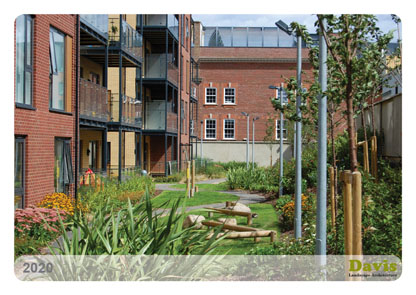Position: Full sun to shade
Flowering period: Spring
Soil: Moist, well drained
Eventual Height: 40cm
Eventual Spread: 40cm
Hardiness: 4a, 4b, 5a, 5b, 6a, 6b, 7a, 7b, 8a, 8b, 9a
Family: Saxifragaceae
Bergenia purpurascens is a clump forming, evergreen herbaceous perennial. Its leathery leaves are erect, oval, dark green in summer becoming beetroot red in winter months. The dark pink hermaphrodite flowers are cone shaped and produced in spring. They are produced on a stem similar in colour to a rhubarb stalk. The roots of this plant are rhizomatous and will spread slowly.
Bergenia purpurascens, commonly known as Purple Bergenia, Chinese Bergenia or Elephant Ears, is native to central Asia.
The etymological root of the binomial name Bergenia was named after Karl August von Bergen, an 18th century German physician and botanist. Purpurascens is derived from the Latin purpureus ‘purple’ and essentia ‘essence’.
The landscape architect may find Bergenia purpurascens useful as an effective low growing, evergreen, ground cover plant, particularly in shady, cool locations. Once established this plant will tolerate short periods of drought and exposed conditions.
Ecologically Bergenia purpurascens is attractive to bees and butterflies who pollinate the plant.
The Royal Horticultural Society has given Bergenia purpurascens their prestigious Award of Garden Merit in 1993.
Bergenia purpurascens prefers moist, humus rich, well-drained soils. It tolerates most pH of soil. It will tolerate poor soils.
Bergenia purpurascens requires little maintenance. Large clumps of this plant may be divided in autumn or spring.







Leave a comment